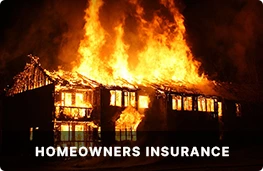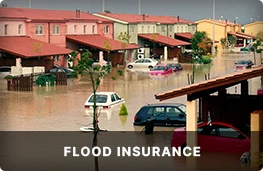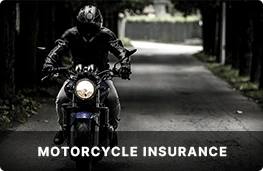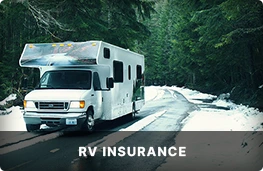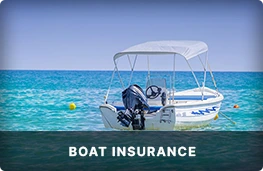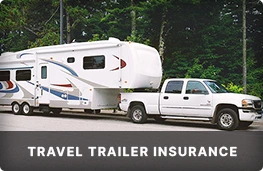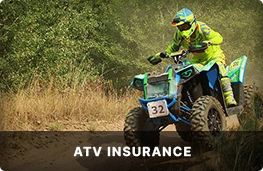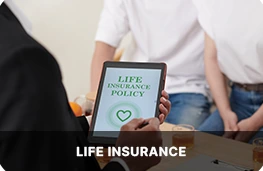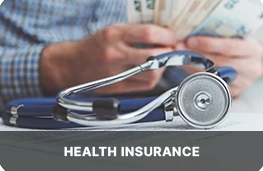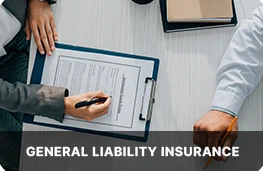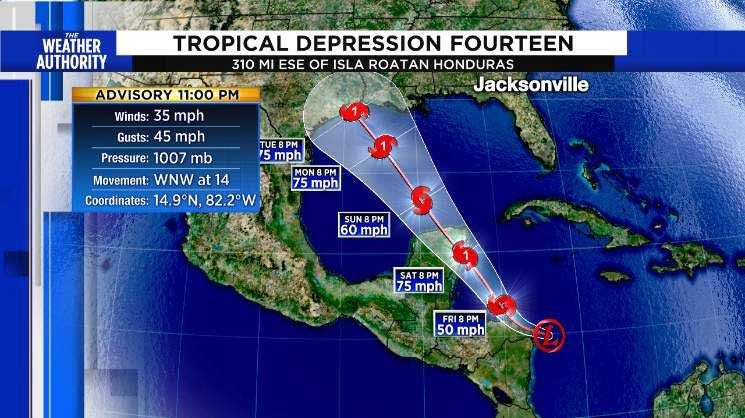Call Us: (832) 426-4203 | (832) 426-4206
Important Tips on Tropical Storm Preparation
Tropical storms and hurricanes bring heavy rain and winds that can create damage, as well as block roads and knock out power. People with certain health conditions, like those that require medication, need to have a safety plan in place in case an emergency strikes.
Here's how you can keep your family safe and healthy before, during and after a storm.
How to prepare before the storm
Once you find out the storm is heading your way, go ahead and prepare. Here's a storm-ready checklist:
1. Know your evacuation routes. Be sure to have discussed or have a written evacuation plan. The National Weather Service recommends you have a plan of action mapped out in case you are pressed for time.
2. Create a home safety kit. The Department of Homeland Security recommends you have:
- Enough water for each person to have a gallon a day
- Three-day supply of non-perishable food
- Battery-powered radio with extra batteries
- Flashlight
- Whistle
- First Aid Kit
- Garbage bags
- Towelettes
- Phone chargers
- Duct tape
- Wrench or pliers
- Local map
- Manual can opener
Be sure that your safety kit is in an easy-to-locate area such as a kitchen counter or coffee table.
3. Set up a safety room. Stock one room in your home with fresh water, non-perishable foods, flashlights, blankets, towels, trash bags, gloves, cleaning masks, your pet's food and any other necessities. With everything in one place, finding what you need during the storm or cleaning up after the fact will be much easier.
4. Be aware of your location. The National Weather Service recommends that you "know your zone." If you live near a hazardous structure or area like a dam or by the ocean, listen to safety instructions from your local news and community.
5. Prepare your medications. If you take medications, make sure you know how to store them in case the power goes out for a few days. Common medications and treatments like amoxicillin and insulin can be put in sandwich bags and placed in a cooler on ice so they remain cold, without getting wet.
If you evacuate, take all medications with you. Remember that some medications are temperature-sensitive and lose potency if not refrigerated. If your medication does touch the water, temperature-sensitive or not, you'll want to replace that medication when you can, and don't take any pills that have become wet.
6. Take out cash and fill up your gas tank. The NWS recommends that you keep hard cash on you at all times and a full tank of gas if asked to evacuate. Your safety is important and you may not be able to grab gas during a state of emergency, let alone use a credit card when the power goes out.
Keep your pets safe, too
Your pets need your help and protection during storms. Here are some tips to keep your furry companion safe:
- Make sure your pet has identification. Be sure your pet has some sort of identification on them in case you get separated during the storm. They should have a collar or microchip with your family's contact information on it.
- Keep your pet near. If you evacuate and you have a pet, look for pet-friendly hotels or local animal shelters or safe kennels.
Stay safe during the storm
The rough winds, hard rain and flying debris can be frightening, but here's what to do while you wait it out.
- Stay alert. Use your emergency radio to stay up-to-date on the storm's progress and any additional dangers it may bring to your area.
- Head to a safe part of your home. Stay away from windows in case of flying glass.
- Keep your refrigerator cold. Turn your refrigerator to the coldest setting so that your food will last longer if the power goes out.
- Keep your family in the loop. Once you are in a safe place, try reaching out to friends and loved ones to let everyone know you are okay. Nothing is more reassuring than knowing someone is safe.
What to do after the storm
Be cautious when returning home or heading outside for the first time after a large storm. Mold may start to grow if there's moisture in your home, outdoor debris can be dangerous and broken power lines mixed with water can create electrical hazards. Here are some other things to watch out for:
1. Stay clear of the generator fumes. Getting too close to your generator may cause you to inhale fumes risking carbon monoxide poisoning. Stay at least 15 feet away from the generator; even that is too close. Be aware of your distance.
2. Don't drink from the tap. Until officials have tested the water, the water may be unsafe. Refer back to your safety room for water or food to avoid getting sick. If a natural disaster affects water supply, be aware that it can cause outbreaks of salmonella, hepatitis A, E.coli or even norovirus. If necessary, put the tap water in a pot and boil it for three minutes to kill any bacteria.
3. Be careful where you step. If there is water on the ground, be aware of any down power lines. If you step on water that is charged by downed lines, you put yourself at risk for electrical shock.
4. Go through anything with lots of moisture. Mold grows where there are heavy amounts of moisture. Items like pictures, books, clothes and blankets, are breeding grounds for mold. If things look like they are moldy, throw them out just in case.
5. Be aware of mold allergies. Be careful when opening windows, avoid re-circulating your air-conditioning or furnace and change your filters to avoid outdoor allergens.
6. Keep medication close. Keep any and all medication, including asthma and allergy medication nearby, especially in case you lose power again.
While no one can predict exactly how a storm will affect a community until it hits, taking precaution is the best thing you can do to keep your family and pets safe. Following the advice of weather experts and state officials will also help you feel prepared and calm.
Comments
By accepting you will be accessing a service provided by a third-party external to https://www.affordablequalityinsurance.net/

